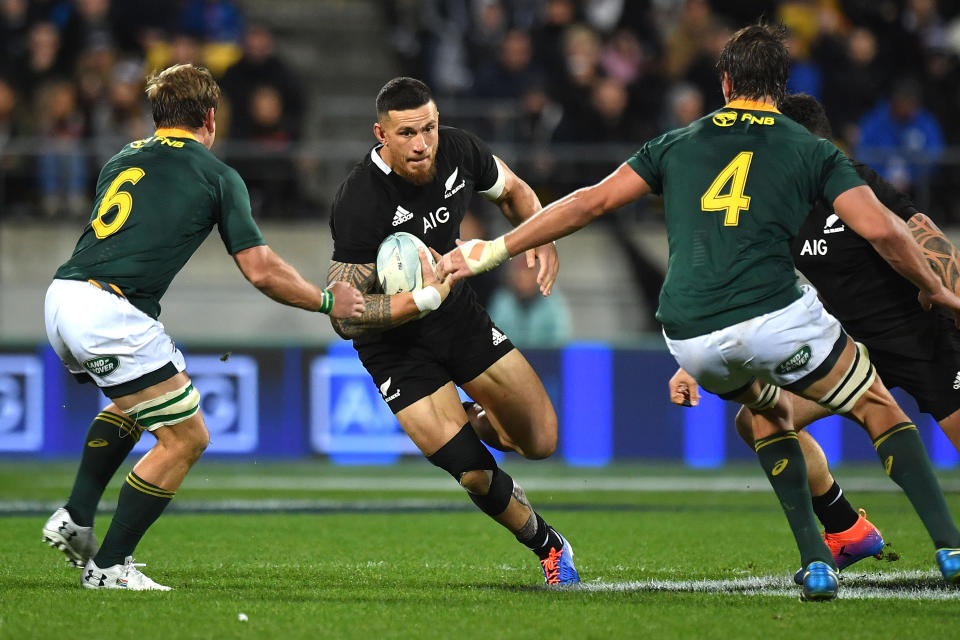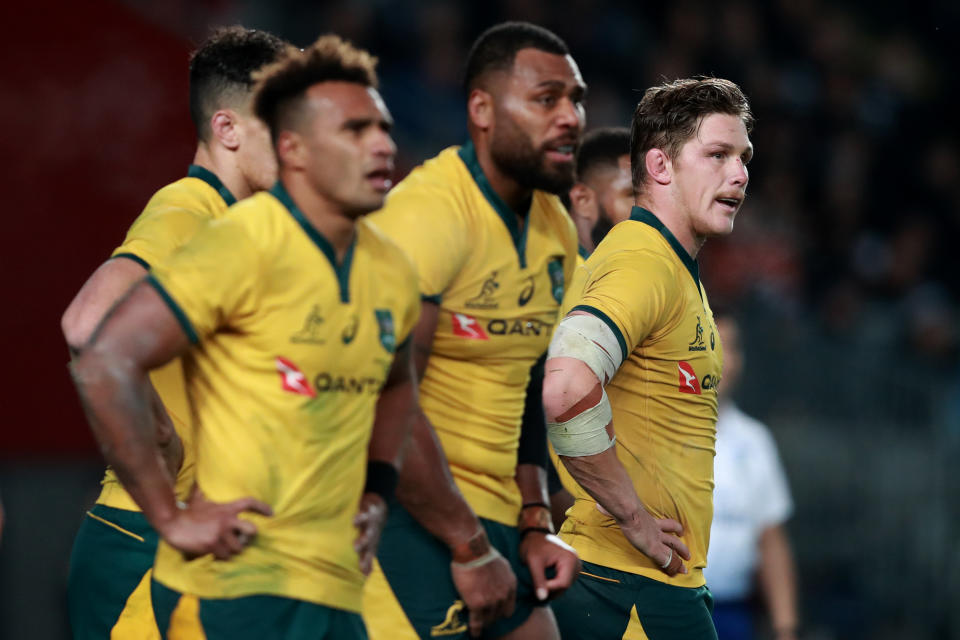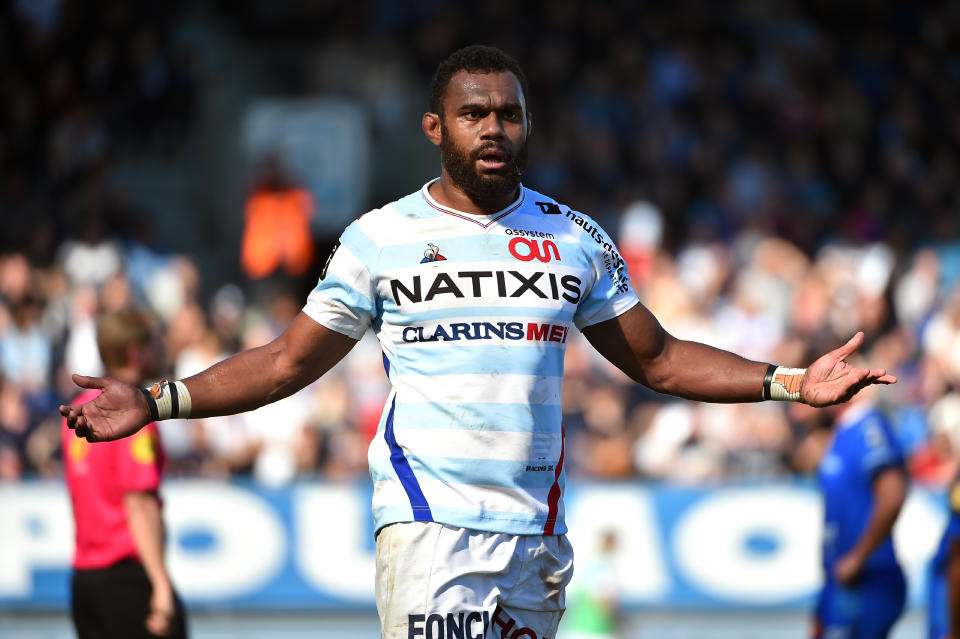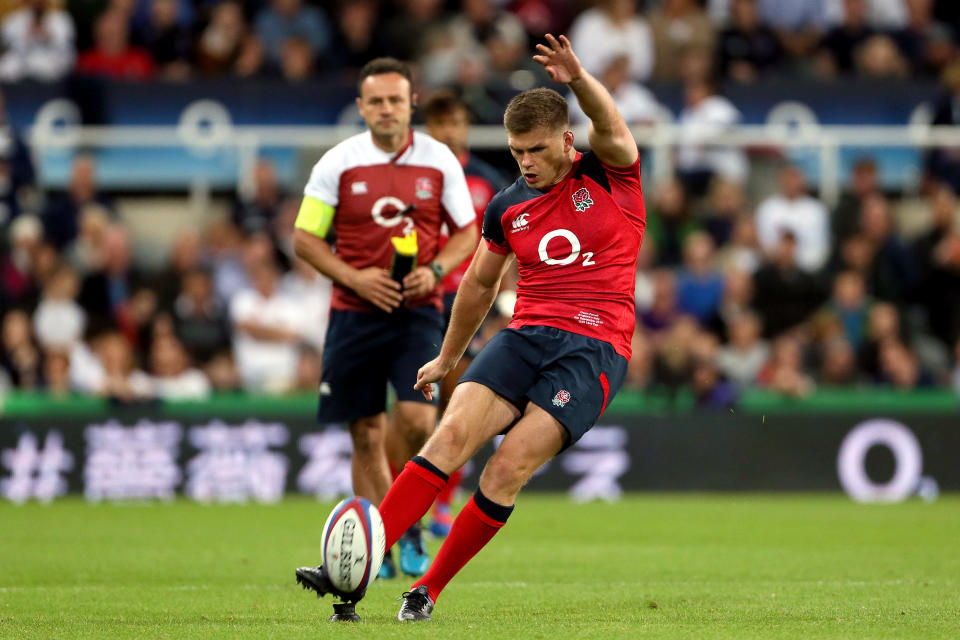Rugby World Cup 2019: Everything you need to know

Firstly, what is it?
The Rugby World Cup returns for its ninth iteration. Played every four years, it pits the world’s best rugby teams against one another. Only New Zealand (three times), Australia and South Africa (twice), and England (once) have won the title before. The tournament will be played from September 20th to November 2nd, with Japan hosting this time around.
It’s six weeks, 20 teams, 40 matches and one champion.
Is rugby big in Japan?
Up until now, World Cups have, understandably, been held in more traditional rugby playing nations since the first tournament in 1987. This is the first time a Tier 2 nation has played the role of hosts. That said, Japan has actually had a healthy domestic game since the 1970s, particularly in the north of the country, and will have huge fan support throughout the tournament.
Who’s playing?
Twenty teams have qualified and are separated into four pools of five teams each. The pools are:
POOL A: Ireland, Japan, Russia, Samoa, Scotland
POOL B: Canada, Italy, Namibia, New Zealand, South Africa
POOL C: Argentina, England, France, Tonga, United States
POOL D: Australia, Fiji, Georgia, Uruguay, Wales
What’s the format?
The top two teams from each pool qualify for the knock-out stages. The winner in Pool A plays the runner-up in Pool B, and vice versa. This is mirrored with Pools C and D. The paths to the final are pre-set so teams can try to predict potential opponents as much as they can, result dependant of course.

Who’s going to win?
According to the bookies, the usual suspects. New Zealand, South Africa and England are the front runners, but Wales, Australia and Ireland also go in with serious ambitions. The All Blacks and Springboks, in Pool B together, and Wales and the Aussies, together in Pool D, have the most straightforward path to the knock-out stages.
No team had won consecutive World Cups until New Zealand did so in 2011 and 2015, now they have a strong chance to win three on the bounce.
Any stars to look out for?
Plenty. For explosive wingers look out for South Africa’s Cheslin Kolbe and Sevu Reece of the All Blacks. If England’s no.8 Billy Vunipola stays fit he could end up being the player of the tournament given his ball-carrying ability, while home fans will be pinning their hopes on Michael Leitch, the brilliant captain who operates on their flank and has become the face of the tournament during the build-up.
READ MORE: Brian O'Driscoll tips England for Rugby World Cup success
Those seeking pure entertainment and flair should look no further than Fiji, the perfect mix of power and panache. Josua Tuisova and Semi Radradra will definitely excite, while 6ft 6in lock Leone Nakarawa has more skill than most backs playing in the tournament.

Where are the game being played?
There are 12 different stadiums spread across the entire country. The final will be played at the International Stadium in Yokohama on November 2nd.
International Stadium Yokohama, Yokohama, 72,327
Shizuoka Stadium Ecopa, Fukuroi, 50,889
Tokyo Stadium, Chofu, Tokyo, 49,970
City of Toyota Stadium, Toyota, 45,000
Sapporo Dome, Sapporo, 41,410
Oita Stadium, Oita, 40,000
Kumamoto Stadium, Kumamoto, 32,000
Kobe Misaki Stadium, Kobe, 30,132
Hanazono Rugby Stadium, Higashiosaka, 30,000
Kumagaya Rugby Stadium, Kumagaya, 24,000
Fukuoka Hakatanomori Stadium, Fukuoka, 22,563
Kamaishi Recovery Memorial Stadium, 16,187
What are the conditions like?
Everything and anything. It’ll be very hot and very humid, but it’s also typhoon season, so teams are preparing for every eventuality. There’s even reports of Wales and England practising with training balls covered in washing up liquid to prepare for the slippery conditions. Stadiums like the one in Sapporo have a roof, so will have perfect conditions regardless of the weather outside.
Where/when are England’s games?
Eddie Jones’ side kick-off against Tonga in Sapporo on Sunday, before travelling to Yokohama to face the USA on the 26th. Next up is Argentina (Oct 5th) in the country’s capital, Tokyo. For their final pool game they return Yokohama to play France (Oct 12th).

How can I follow it?
You can watch the games on ITV, who will be broadcasting every single one, with all of England’s on ITV1. If you can’t make it to a screen, BBC Radio 5 will have every game on radio.
Featured from our writers:

 Yahoo Sport
Yahoo Sport 





































